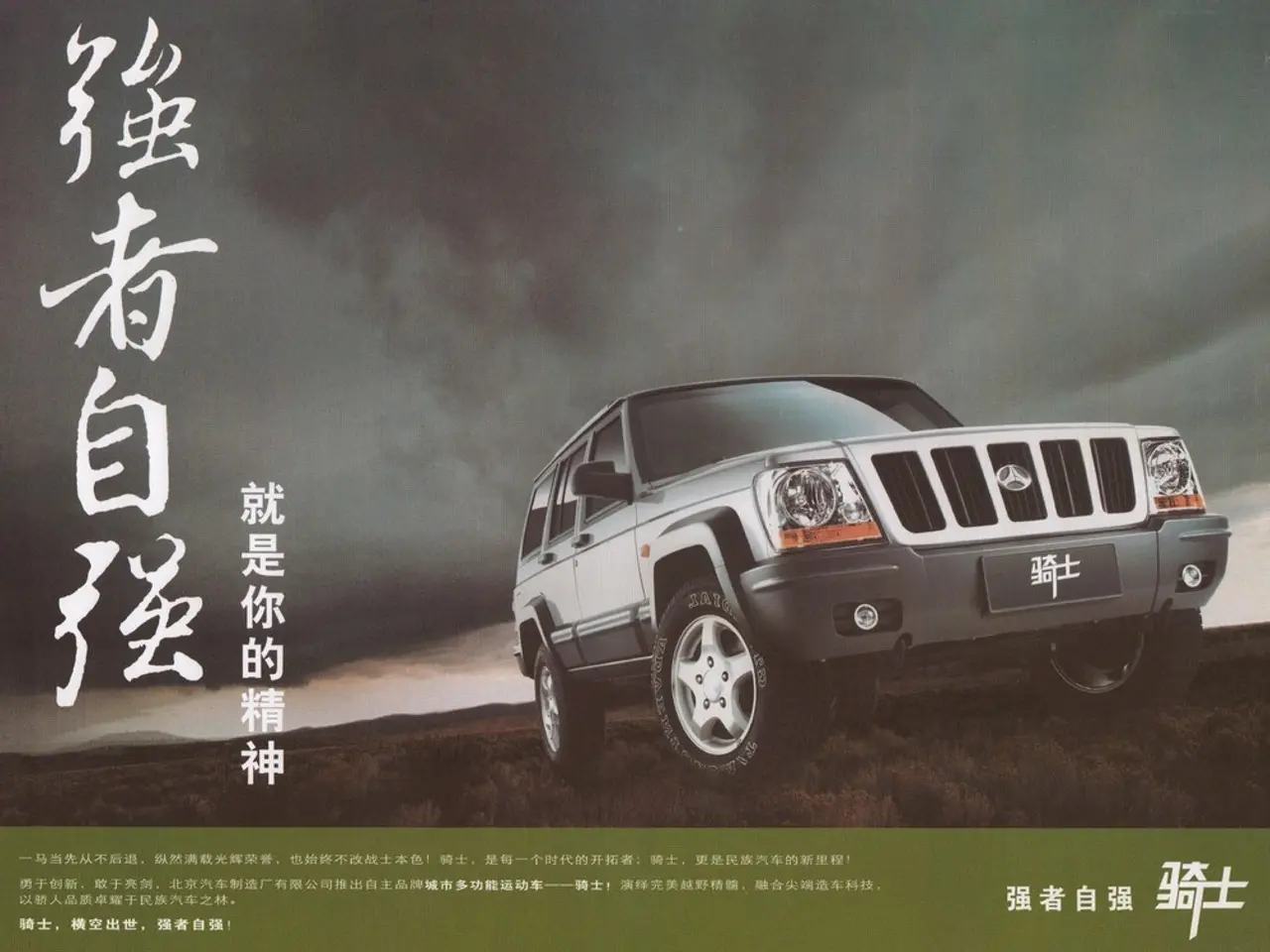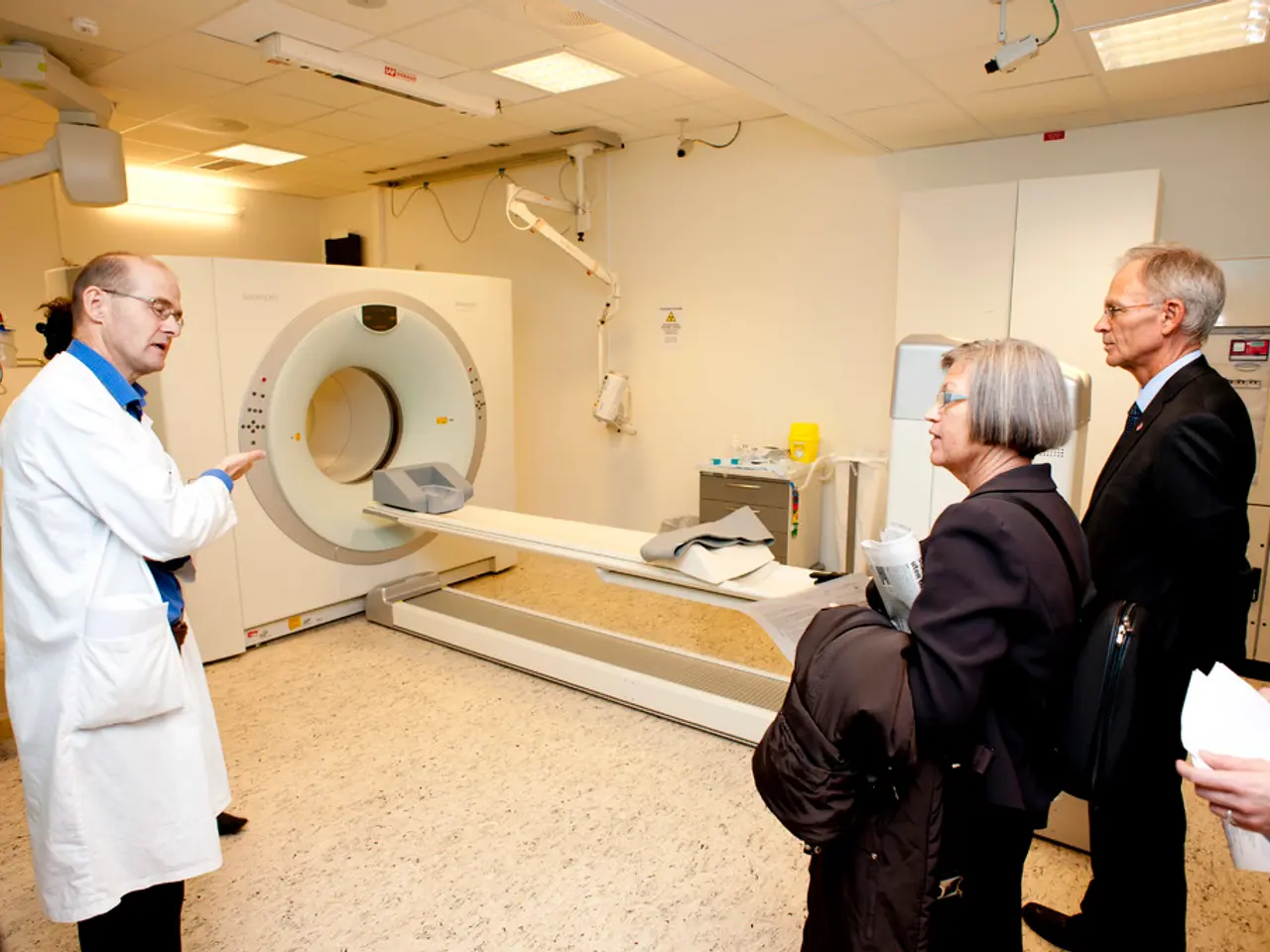No empirical evidence supports the long-held belief that cold temperatures harm kidneys
In the realm of traditional medicine, Traditional Chinese Medicine (TCM) offers a unique approach to understanding health and disease. One of its key tenets is the belief that cold exposure can weaken the kidneys, disrupting their function and affecting circulation, hormones, and digestion.
According to TCM theory, the kidneys are part of the Water element and are particularly sensitive to cold. This cold "invades" the body, impairing kidney yang energy, leading to systemic imbalances. For instance, cold plunges are considered shocking to these organs and can reduce the flow of vital energy (Qi).
To counteract this, TCM treatments for kidney-related deficiencies often aim to “warm and tonify kidney yang,” using herbs like ginger, cinnamon, and fuzi, which are believed to dispel cold and support kidney yang function.
However, modern scientific evidence interprets kidney function from a biochemical and hormonal perspective, without reference to the TCM concepts of kidney yang or qi. While cold shock effects on the body are recognised, the specific notion of “kidney” weakening due to cold in a TCM sense corresponds more loosely to impacts on endocrine and metabolic regulation.
This fundamental difference in understanding is not limited to the concept of kidney function. Some mainstream scientists consider much of TCM pseudoscientific due to the lack of evidence, and many core theories and treatments lack robust, high-quality scientific evidence according to current research standards.
A prime example of this discrepancy can be seen in the area of diagnostics. The claim that pregnancy can be reliably detected through pulse diagnosis in TCM has been scientifically disproven. Pulse reading in TCM depends heavily on subjective interpretation, lacks reproducibility, and cannot isolate pregnancy confidently without other signs.
Despite thousands of years of practice, the failure to scientifically refute cold's effect on the kidney stems from TCM's fundamentally different worldview. Modern research finds no direct evidence that cold damages the kidneys.
In conclusion, TCM views cold as a disruptive force that weakens the kidney’s yang energy, leading to systemic dysfunction, and employs warming therapies and herbs to counteract this. Modern science recognises cold shock effects on the body but interprets kidney function from a biochemical and hormonal perspective. Thus, the two frameworks describe overlapping but fundamentally different understandings of “kidney” and cold's effects.
A healthy medical system should encourage critical thinking, evidence-based evaluation, and transparency, ensuring that claims are validated rather than accepted on authority alone. This approach is crucial in bridging the gap between traditional and modern medicine, fostering a more comprehensive and effective understanding of health and disease.
- In the field of health and wellness, the practice of Traditional Chinese Medicine (TCM) emphasizes the unique perspective that cold exposure can weaken the kidneys, impacting various bodily functions such as circulation, hormones, and digestion.
- While Traditional Chinese Medicine treats kidney-related deficiencies by "warming and tonifying kidney yang," using herbs like ginger, cinnamon, and fuzi, modern medicine interprets kidney function from a biochemical and hormonal standpoint, differentiating from TCM concepts like kidney yang and qi.
- In the scientific community, some health professionals and researchers question the effectiveness of TCM, citing a lack of evidence for many core theories and treatments related to chronic diseases and medical conditions, as well as difficulties relating to diagnostic methods.




